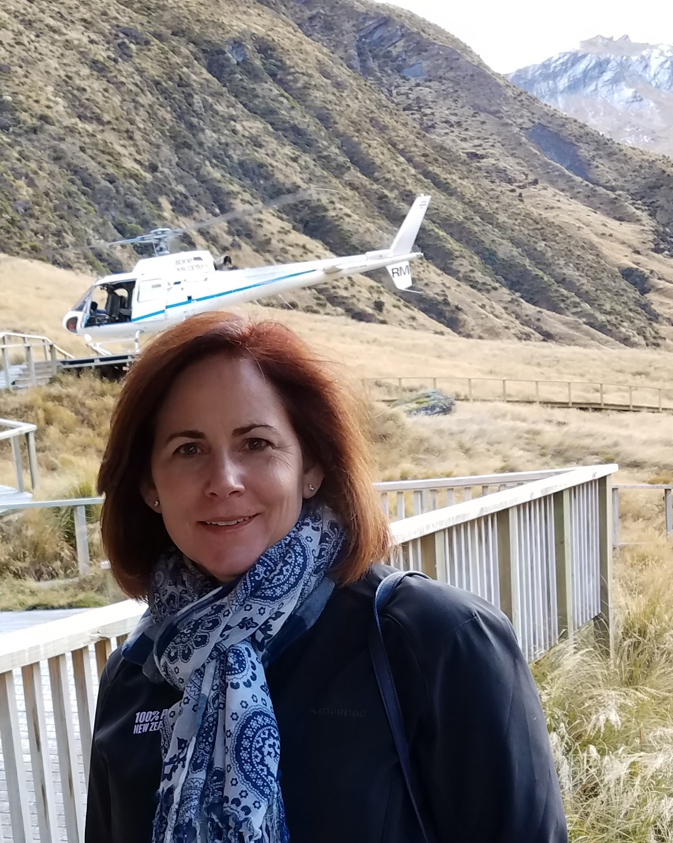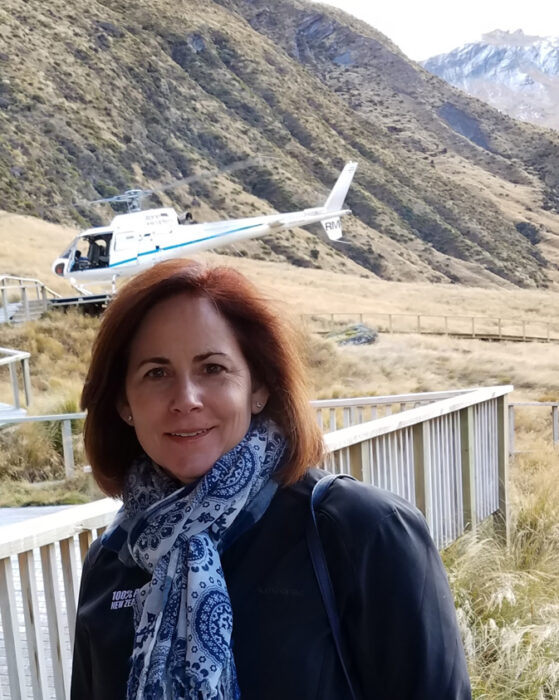
Michelle Rosenberg, Senior Trade Manager, North America from Tourism New Zealand
If you’ve ever been to New Zealand, you’ll know that paradise truly does exist. The country, known for its breathtaking scenery, adventure options and delicious wines, is as diverse a destination as you can get, with the North and South Islands offering a wealth of varying experiences. We asked Michelle Rosenberg, Senior Trade Manager, North America from Tourism New Zealand, what travellers should know prior to their visit, and how travel agents can help their clients better familiarize themselves.
1. Tourism New Zealand recently announced the new Explore PLUS program for travel agents. How do agents access the program? What do they get out of it? And how do you see it growing in the future?
Explore PLUS can be accessed via the Tourism New Zealand (TNZ) travel trade web site, traveltrade.newzealand.com. The program is a significant step in an agent’s knowledge and appreciation of our bespoke destination. And, visiting New Zealand is a requirement to becoming a 100% Pure New Zealand Gold Level Specialist. Our goal is to make it easier than ever for agents to come visit and experience New Zealand. We believe in doing so they will become great ambassadors for our destination.
2. Air New Zealand also announced it will add 15,600 more seats on its Vancouver route. Can you talk about how important the Vancouver market is to New Zealand?
Canada is an important market for TNZ because they stay for extended periods of time and visit more of New Zealand’s regions. Unlike other long-haul markets, Canadians don’t seem to have a problem with the distance and time required to travel New Zealand. British Columbia continues to be an important source market for the Vancouver non-stop service on Air New Zealand.
3. For those who’ve never been before, when is the best time to go to New Zealand?
For the active traveller who wants to get out and about amongst nature we would recommend the Spring (September – November) and Autumn (March – May) as the mornings can be quite crisp but they warm into glorious days.
4. How do the North and South Islands differ?
North Island is subtropical and has world-class beaches, rainforests and the unique volcanic landscape, well suited to the growing of Chardonnay and big juicy red wines, particularly in the Hawkes Bay region. The South Island is sub-Antarctic in climate so it features wide-open vistas, mountain ranges perfect for sightseeing and hiking, and braided rivers running through wide open plains. The cooler climate lends itself well to making crisp Sauvignon Blanc wine.
5. What’s new for New Zealand in 2017/2018?
Auckland is welcoming a number of new properties. The Grand Windsor Hotel with 79 luxury rooms opened mid-2017 on Queen Street, M Social (previously Copthorne Harbour City) opens after a two-year refurbishment this September, and we are excited for the Park Hyatt Auckland, opening at the end of 2018.

